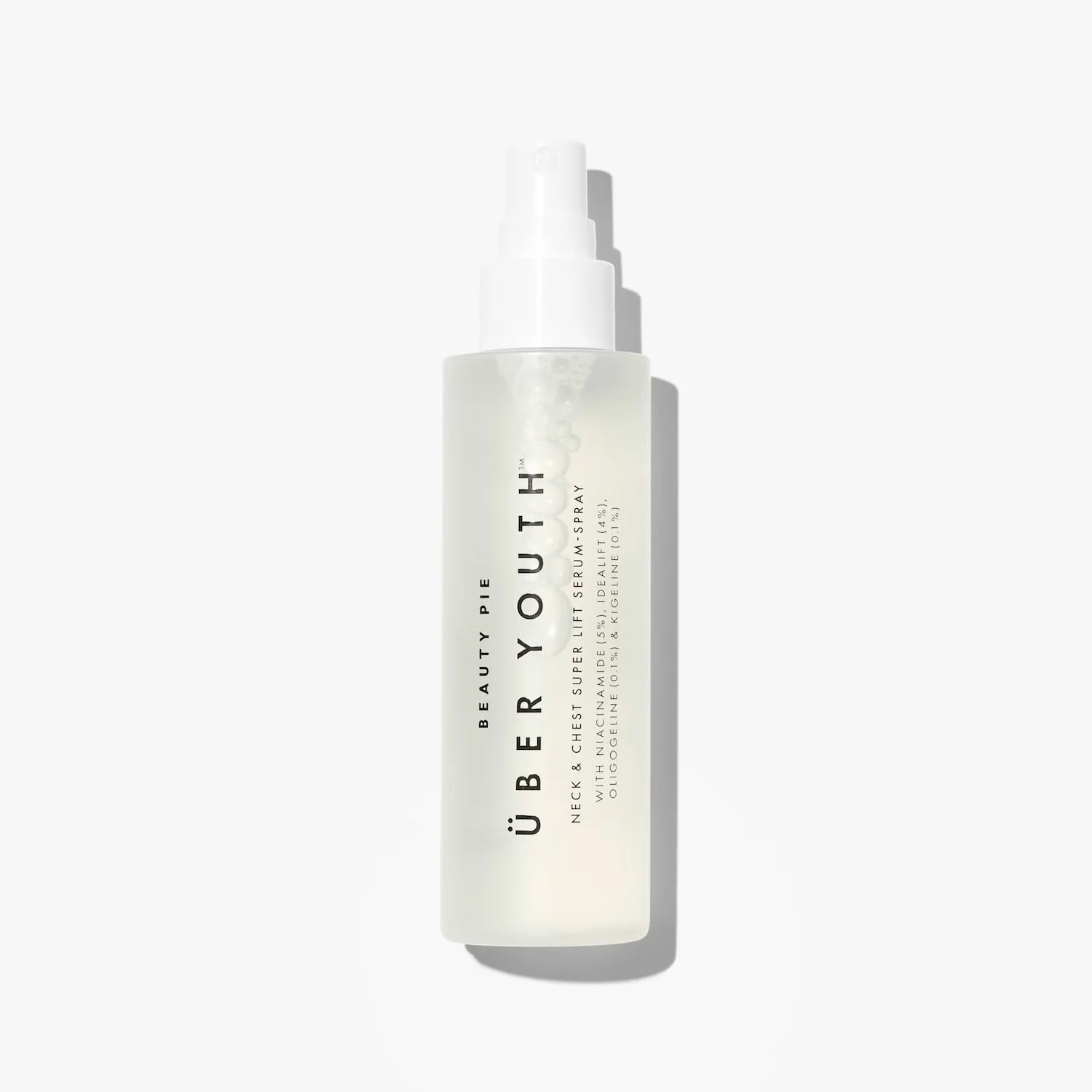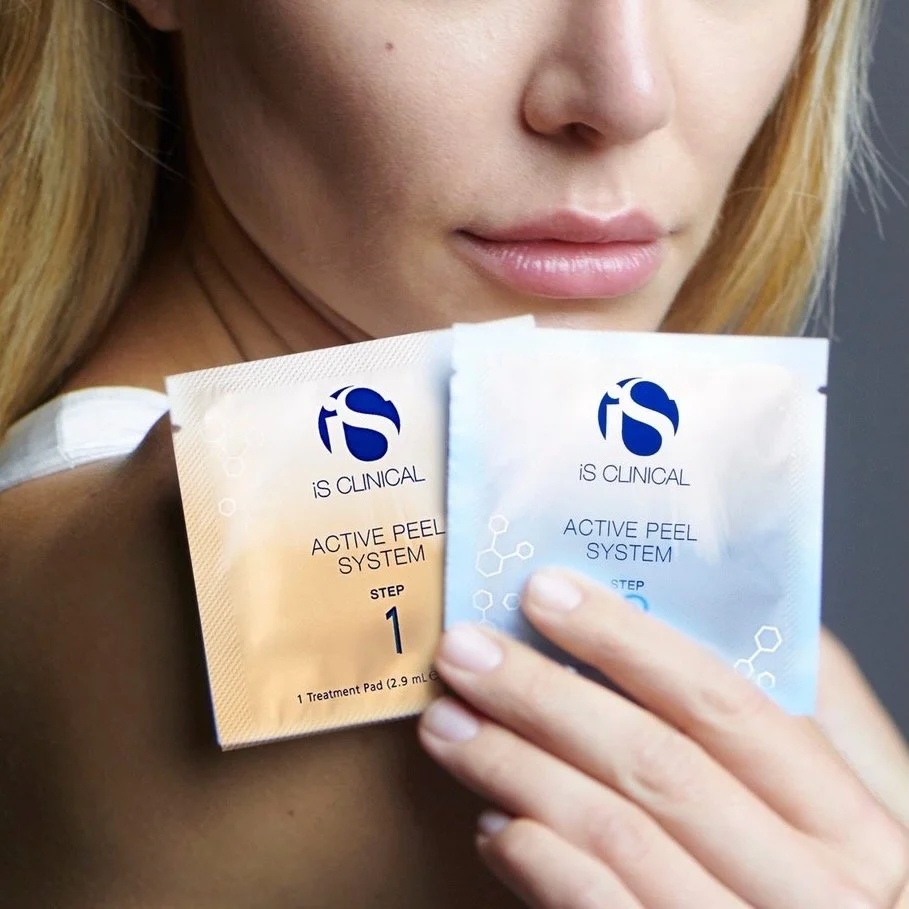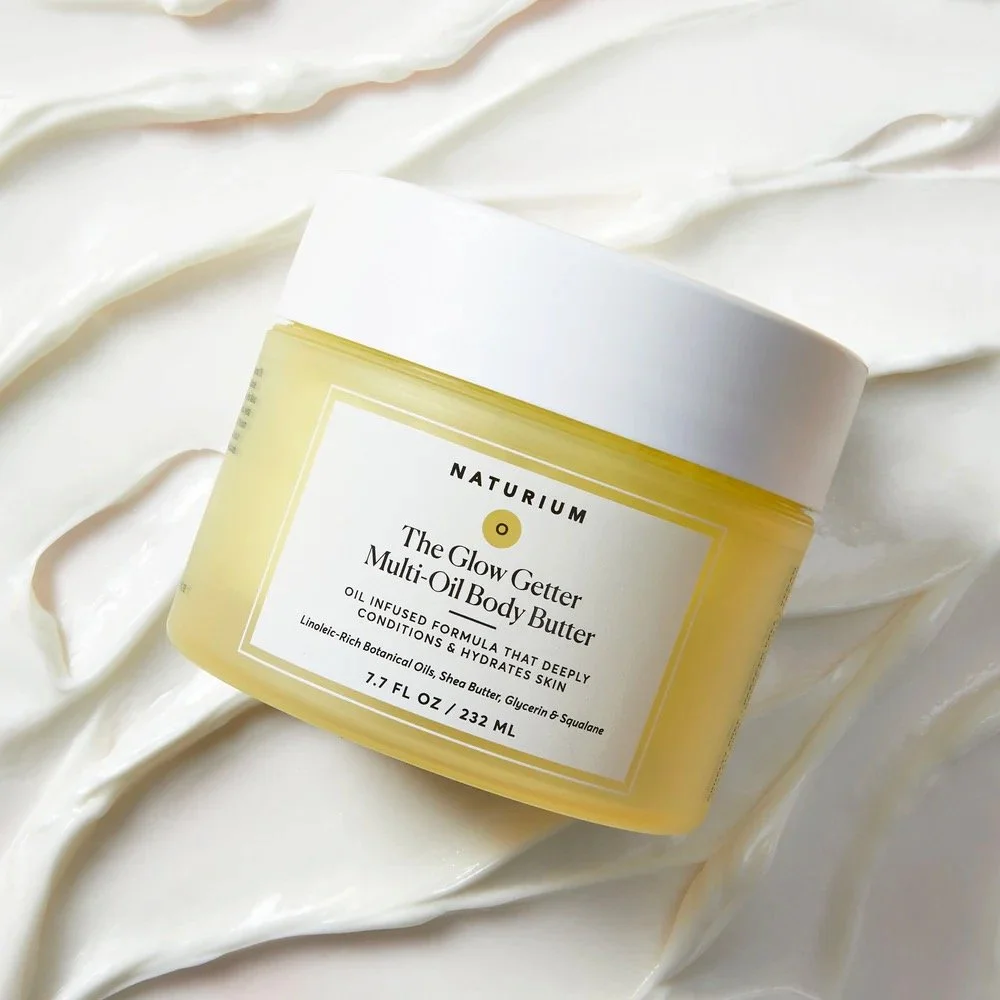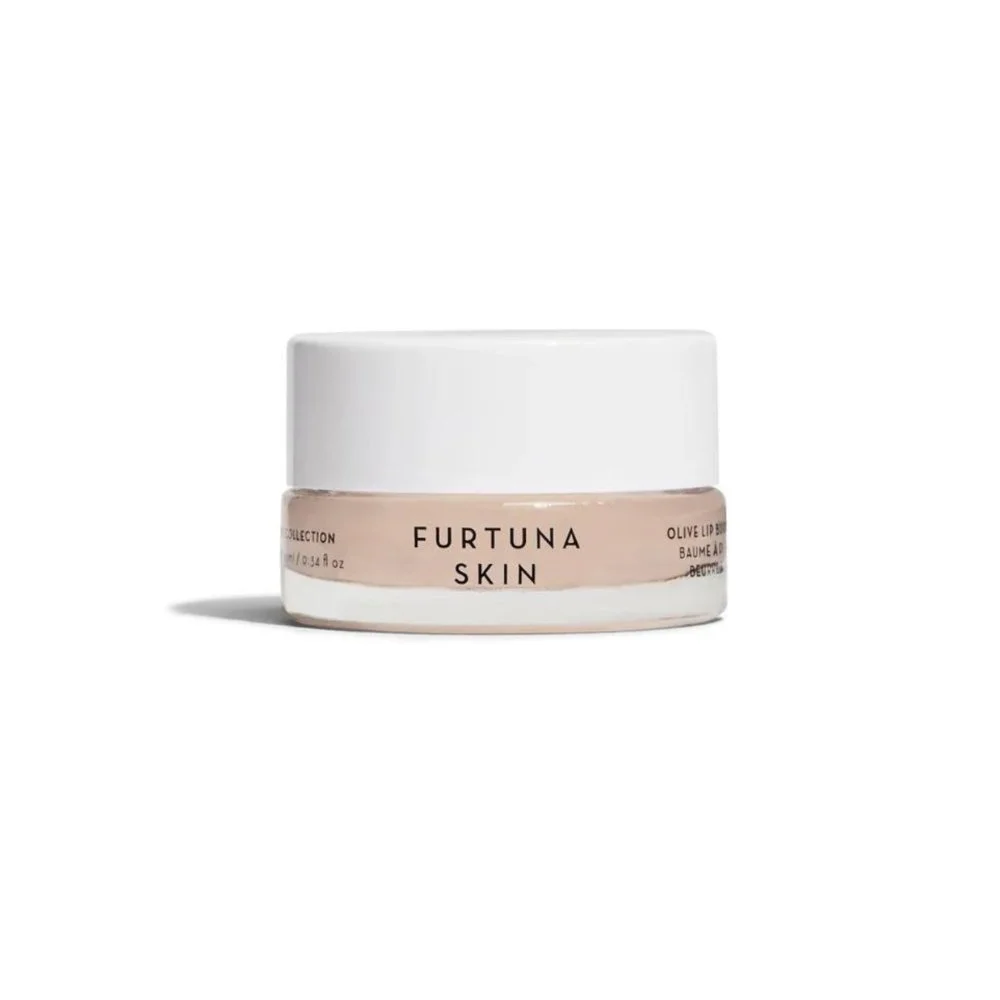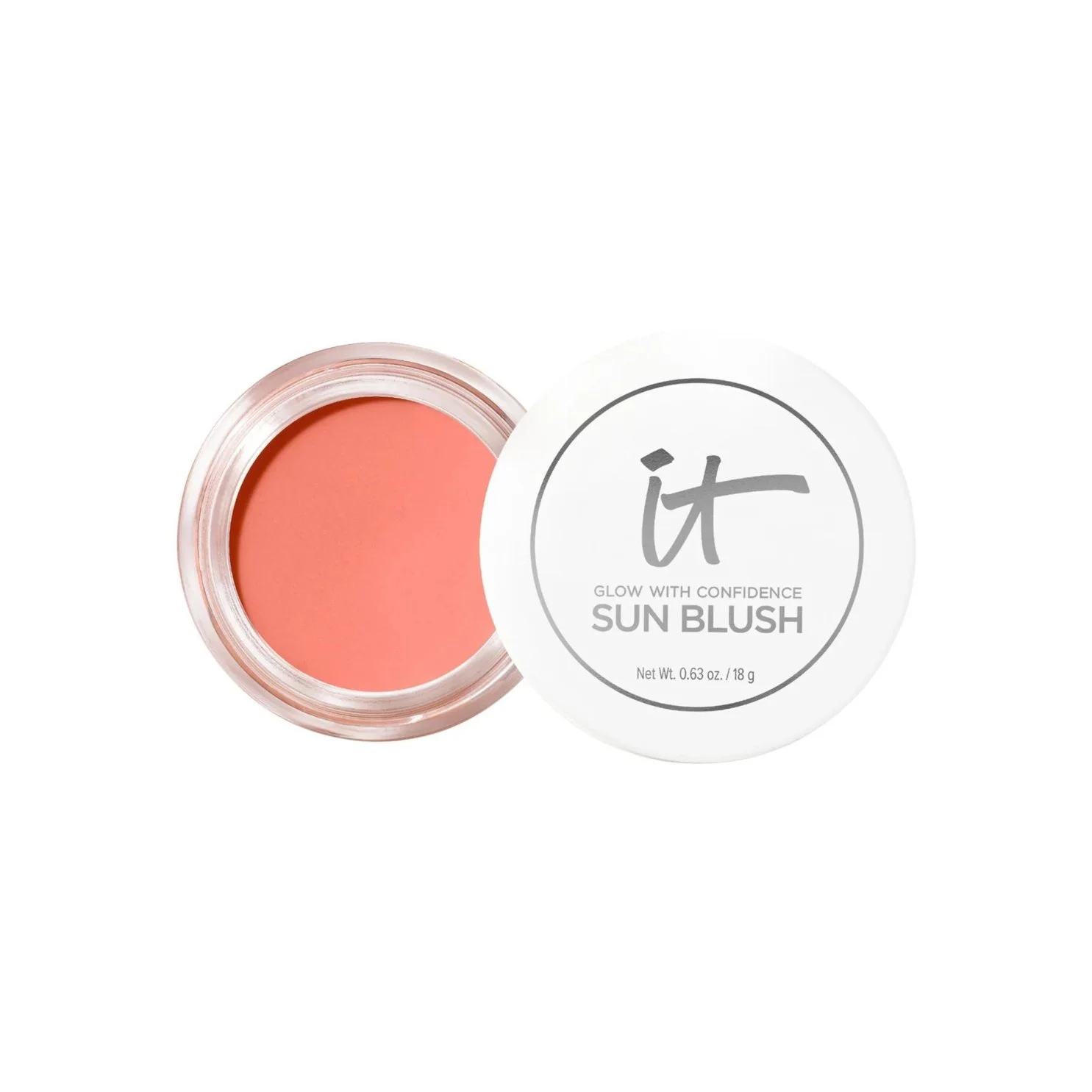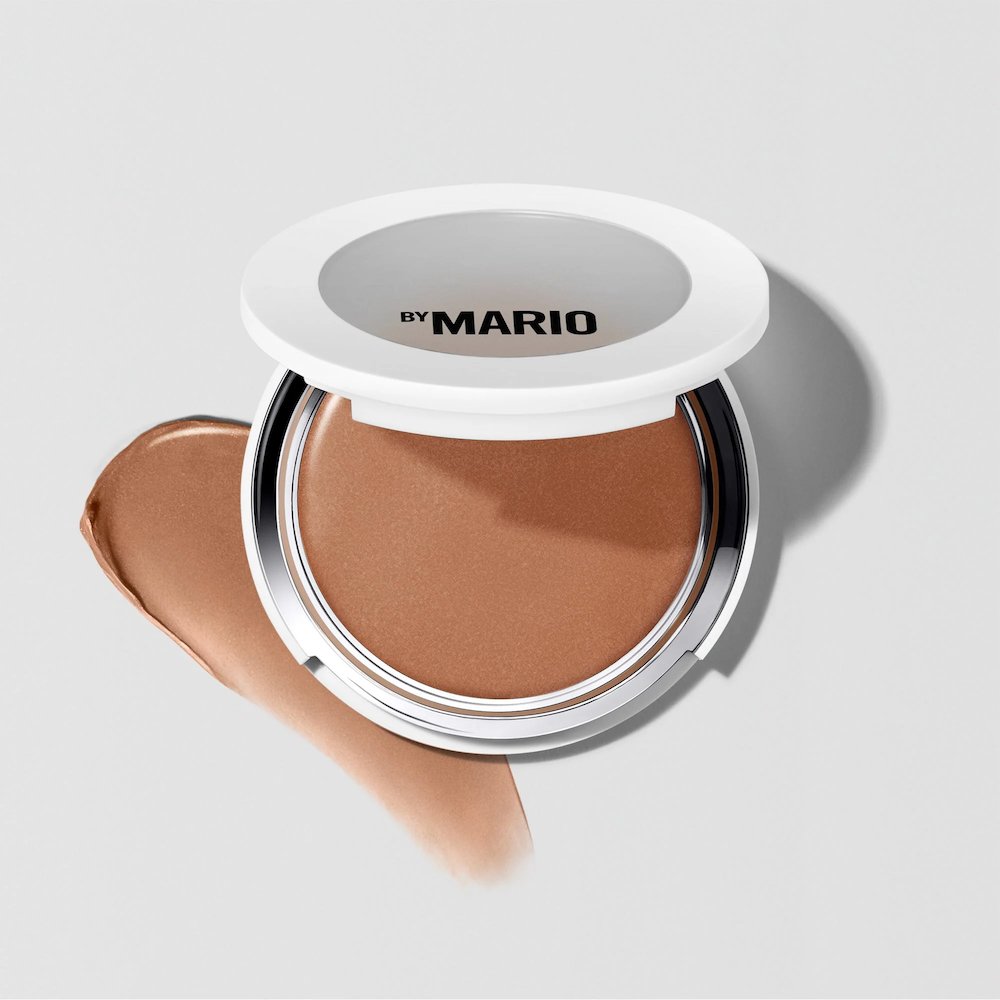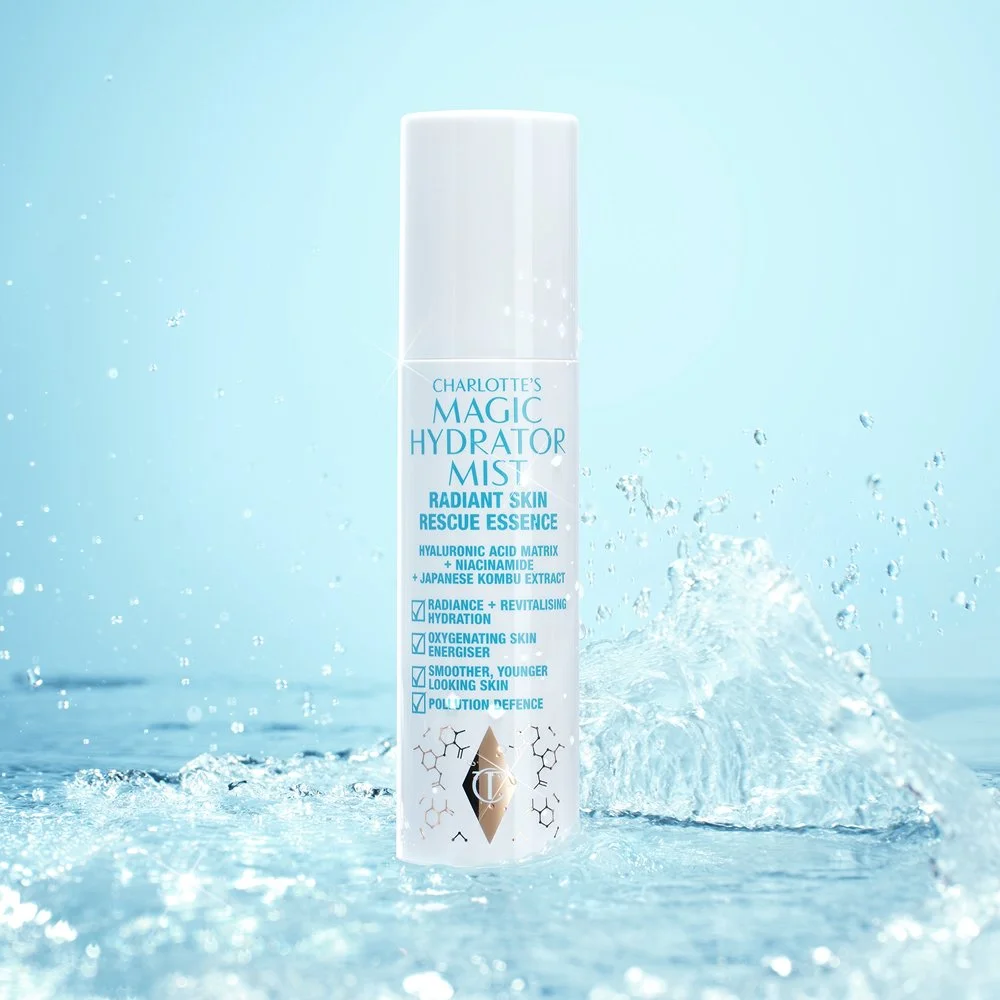What Even IS A Paraben, And Are They Actually Harmful?
by Amy Leisner
While endlessly shopping online to replenish my overused assortment of cleaning products, disinfectants, and hand sanitizers, I came across an ad for hand wipes that were “paraben-free.” “Great!” I thought to myself. “At least these won’t hurt me.” And then immediately after that entirely knee-jerk reaction I realized— I don’t think I actually know what a paraben is.
Do you? If the answer is no, don’t fret. You’re not alone. I’m riiiiight there with you. And I bet if you asked most of the people in your life who avoid parabens what they really are, they also couldn’t tell you.
So let’s take a moment to actually find out what the hell even is a paraben. Where are they used and why? Are they as dangerous as these warning labels make us feel like they are? And, says who? Well, now we know.
What is a paraben?
Simply stated, a paraben is a preservative.
They have been used for decades, and are most commonly found in beauty products like shampoo and makeup, but they can also be found in food. And hand wipes, apparently. As is typically the nature and entire function of all preservatives, the paraben lengthens the shelf-life of these products. Because let’s be honest — no one would ever finish that Costco-sized bottle of shampoo if there wasn’t at least a little something to keep it fresh and free of nasty bacteria.
Do I have to avoid it at all costs?
So here we are. Living our lives and doing our best to choose organic produce for our kids, BPA-free water bottles to consume our gallon-a-day. We’ve purged all plastic straws in both our house and the neighbor’s because who doesn’t love a turtle, and now we have to make sure to choose paraben-free beauty products too? When’s it going to end?
Okay, that’s a bit dramatic— if there’s a legitimate and proven threat to our health and planet then of course, we’ll never use a single paraben again. Obviously, I’m grateful that we discovered that smoking is dangerous for your health, or that lead in paint is probably not the best idea. But are we sure… like SURE sure that parabens are the next Bad Guy?
Well, they didn’t make their way to the dreaded dirty dozen list just for fun. (The dirty dozen, by the way, is a list of 12 ingredients to avoid in cosmetics and other consumer products.) According to this list, parabens have been linked to “hormonal disruptions, breast cancer, increased skin aging, and DNA damage.” And yet 75-90% of cosmetics contain them.
But, research has shown us that “there is an insufficient amount of data suggesting serious consequences from paraben use and exposure to warrant drastic avoidance measures or government regulations.” Huh? To simplify — there’s just not enough proof that they’re unsafe in all cases.
Why have we been told to avoid them?
How did they get this bad reputation in the first place? Well, it all came from this one study where scientists gave rats super high doses of parabens, and showed that they are endocrine-disrupting chemicals which means they mimic estrogen in the body, and high estrogen levels are linked to cancer.
But remember— while there could be a link between parabens and increased levels of estrogen, that link was only shown in rats who were given an extremely high dose of the paraben, and no studies have been done proving they cause cancer in humans. Both the U.S. Food and Drug Administration and the American Cancer Association agree that there’s simply no strong link between parabens and cancer.
Is there a definitive, proven answer?
There just seems to be a lot of “jumping to conclusions” here, but it’s not entirely out of the left-field, either. Yes, there’s a study that shows parabens can increase the estrogen hormone, we know that’s no bueno because higher estrogen levels have been clearly linked to cancer. And there’s also been a study that shows traces of parabens in the breast tumors of 19 out of 20 women. But since the test was done on women who already had cancer, there’s no way of knowing if it caused the cancer.
These two studies being referenced that have really shaken things up in the health industry. None of them directly link parabens to cancer in humans, but the connection isn’t that far-fetched. No one’s crazy here to be leery of parabens, and some prefer that an ingredient be proven safe before slathering it all over their body (instead of just using it until it’s proven harmful). But no one is intentionally putting themselves or their family at risk by using products that include parabens, either.
Now’s a good time to point out the very important distinction between correlation and causation. Correlation means that there’s a relationship between two things. Going to the beach can easily be correlated to getting a sunburn, for example. But does everyone who goes to the beach get a sunburn? No. Causation, on the other hand, is cause and effect. You couldn’t have one thing without the other thing. UV rays cause sunburn. You can’t get a sunburn without UV rays.
So, in reference to the topic at hand — parabens -- there’s a correlation between them and cancer, but no proven causation. You feel me?
No matter what level of “granola” you fall in, we see you. And we hear you. And your choices are valid.
And you know what that means? You get to decide what’s best for you. Goddamn right, you do. Don’t you love it when that happens? There are plenty of paraben-free products out there if you want to go that route, and as we’ve learned, there’s also no conclusive evidence linking parabens to causing cancer so if you want to stick with the products you know and love, that’s cool too.
Everyone is different, so some people will be more sensitive to certain ingredients than others. The best advice I can share comes from the Latin phrase (and this article), "ne quid nimis," which means "nothing in excess." Since we can all agree that more studies need to be done for a definitive answer to the paraben debate, perhaps for now just moderating the amount of products we use that have parabens is the best way to help avoid unforeseen health issues in the future.
The case for parabens.
Let’s also remember what parabens do in the first place. They prevent harmful bacteria from growing in our products. Yes, they’re synthetic chemicals, but that shouldn’t fast-track them to villain status. Technically, bacteria is “all-natural,” but is that always a good thing? No, because certain bacteria will make you sick. So are we better off preventing exposure to the stuff we know for SURE makes us sick? Or are we better off getting rid of the stuff that prevents us from getting sick, but might have a chance of increasing our estrogen levels if we consume it at outrageously high doses?
And even if you purchase paraben-free products that still have a long shelf-life, there’s gotta be something in there that’s preserving them. And there is. Some companies are turning towards naturally-occurring preservatives in their products. Which is a problem because they are usually less effective and used in higher doses in order to work, which explains why more people have allergic reactions to them than their synthetic counterparts. Plus, the safety of some of these preservative-alternatives have been studied even less that parabens. If you’re a highly allergic person, parabens might be a better option for you. They were even named the 2019 “Nonallergen of the Year” by the American Contact Dermatitis Society.
Can we even go “preservative-free”?
Yes, and no. We’ll give it a strong “kinda.” If you’re looking to avoid preservatives in your products altogether, keep in mind that any product with water in it really needs some kind of preservative to stay safe. The glass-half-full version of that is by looking for products that don’t have water in them, you’re likely to find safe options without preservatives. Hooray! Some tips for choosing safe preservative-free products include choosing small tubes, airtight packaging, and products that clearly list the date they were manufactured on. Oils are your friends (like this one) because they are naturally preservative free, but you can find nail polish, cosmetics, and even deodorants that will fit the bill, too.
Want to make your own small-batch preservative-free products? How ambitious of you. Again, you’ll want to avoid water. The science-y term for this is Anhydrous, and some examples of Anhydrous products include balms, butters, scrubs, body oils, bath oils, facial oils, and masks. This could be a fun once-in-a-while hobby, but it’s probably not realistic to cover all over your hygiene and beauty needs.
And if we’re really going to “go there” with that #preservativefreelifestyle, get ready to bottle your own wine, make your own cheese, and can your own tomatoes. Because most of those products in your pantry and fridge have preservatives in them.
So should we use parabens or not?
If you or your family members have very sensitive skin and your products work for you, it might be best to stick with whatever won’t give you a reaction. If you simply would feel safer using paraben-free products, by all means, have at it.
Because what’s worse than using parabens? WORRYING about what they’re doing to you! High cortisol levels are no good, and that’s definitely proven by science. Don’t stress, just get the paraben-free stuff if it makes you feel better. OR, don’t stress because you’re not getting the “all-natural” stuff and feel like you’re putting your family in danger -- either way, you’re good. Trust your instincts in this case. There’s a reasonable argument for each side, and it’s really, honestly, and TRULY a matter of personal preference.
So now that you know more than you ever thought you would about parabens, you’re more than ready to head out into the real world (or over to Amazon) and pick your products with peace of mind and confidence.
Amy Leisner is a Long Beach-based freelance writer who covers wellness for The Candidly. You can find more of her articles here.



